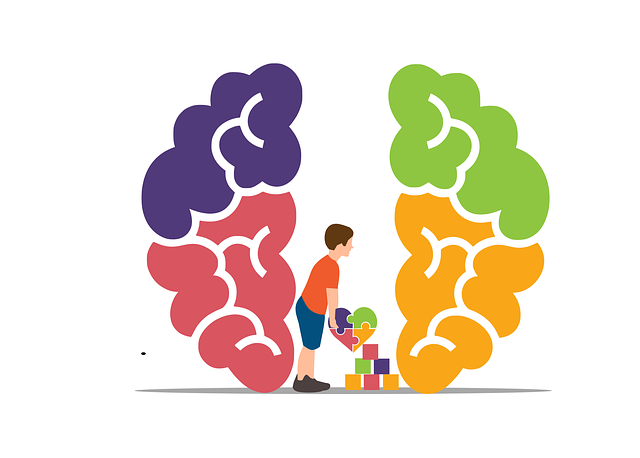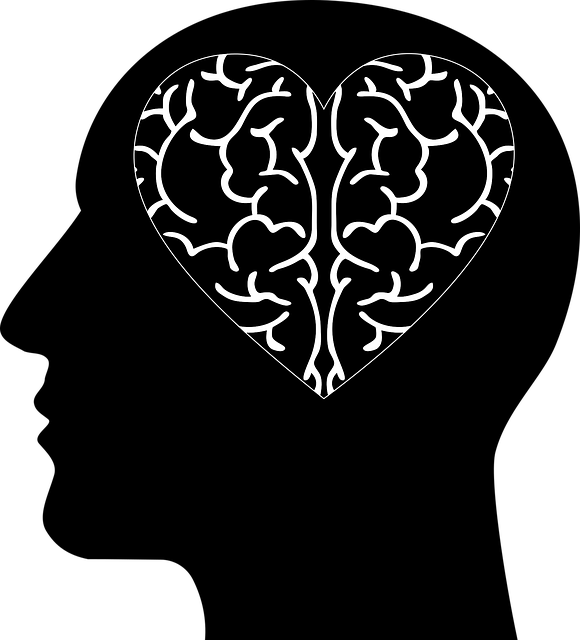Navigating a mental illness diagnosis can be daunting for young adults, but crisis counseling and therapy offer essential support. Professionals utilize assessments, therapy, and cultural sensitivity to accurately diagnose conditions like depression or anxiety, providing immediate crisis intervention and long-term coping tools. Self-care practices such as journaling enhance resilience, while evidence-based therapies like CBT and IPT teach effective management strategies. Building a supportive network through friends, family, schools, and community groups reduces stigma and promotes early intervention. Prioritizing self-care, including exercise, mindfulness, and structured sleep, alongside professional therapy and crisis counseling, empowers young adults to manage symptoms and improve overall mental wellness.
Navigating mental illness can be overwhelming, especially for young adults. This guide offers a comprehensive roadmap to understanding diagnoses, accessing crisis counseling, and exploring effective therapy options tailored to your age group. Learn why crisis counseling is vital in easing treatment navigation and discover diverse therapeutic approaches to empower you. Additionally, we emphasize the importance of building a supportive network and provide self-care strategies to help you thrive during challenging times, focusing on resources relevant to young adults seeking mental health support.
- Understanding Mental Illness Diagnoses: A Guide for Young Adults
- The Importance of Crisis Counseling in Navigating Treatment
- Unlocking Therapy Options: Effective Treatments for Young Adults
- Building a Supportive Network: Who to Reach Out to During a Crisis
- Self-Care Strategies: Empowering Yourself Through Difficult Times
Understanding Mental Illness Diagnoses: A Guide for Young Adults

Understanding mental illness diagnoses can be a daunting task for young adults facing their first crisis. It’s essential to approach this process with patience and support. Many mental health conditions share similar symptoms, making diagnosis complex. Professionals use comprehensive assessments involving interviews, surveys, and sometimes medical tests to pinpoint specific disorders like depression, anxiety, or bipolar disorder. This process involves discussing personal experiences, emotions, and thoughts to gain insights into one’s mental wellness journey.
Seeking therapy for young adults is a proactive step towards managing mental health. Crisis counseling services offer immediate support during intense periods, while ongoing therapy provides tools for long-term coping. Incorporating cultural sensitivity in mental healthcare practice ensures that treatment aligns with an individual’s background and values. Additionally, trauma support services cater to those with past traumatic experiences, offering specialized care. Even simple practices like mental wellness journaling exercises can guide young adults in understanding and expressing their emotions, fostering self-awareness and resilience.
The Importance of Crisis Counseling in Navigating Treatment

In the intricate journey of navigating mental illness diagnosis and treatment, crisis counseling plays a pivotal role in guiding young adults toward recovery. This form of immediate and intensive support is crucial for individuals facing acute emotional distress or a sudden onset of symptoms. Crisis counselors provide a safe space to express overwhelming emotions, offer unbiased listening, and facilitate a rapid assessment of the individual’s needs. By employing evidence-based strategies tailored to young adults’ unique challenges, counselors help them develop inner strength and enhance self-awareness exercises, which are essential components in their therapeutic journey.
Beyond immediate crisis intervention, crisis counseling serves as a bridge to ongoing therapy. It equips individuals with valuable coping mechanisms and encourages the adoption of healthy self-care practices. By fostering resilience and promoting self-care, young adults can better manage their mental health between therapy sessions, ultimately enhancing their overall well-being and recovery trajectory. This supportive approach is vital in ensuring that those seeking treatment for mental illness receive comprehensive assistance throughout their healing process.
Unlocking Therapy Options: Effective Treatments for Young Adults

For young adults navigating a mental illness diagnosis, unlocking effective therapy options is crucial for their journey to recovery. Many young people face unique challenges when it comes to seeking help, including stigma, limited access to resources, and the transition from pediatric to adult healthcare systems. However, with the right support, they can discover life-changing therapies tailored to their needs.
Crisis counseling plays a pivotal role in providing immediate assistance during intense emotional periods. Additionally, evidence-based treatments such as cognitive-behavioral therapy (CBT) and interpersonal therapy (IPT) have proven effective for various mental health disorders. Incorporating mindfulness meditation and emotional well-being promotion techniques within these therapies can empower young adults to manage their symptoms and foster resilience. By combining professional guidance with self-care practices, individuals can unlock the potential for lasting healing and improved mental wellness.
Building a Supportive Network: Who to Reach Out to During a Crisis

During a crisis, building a supportive network is vital for young adults navigating mental illness. The first step is to reach out to those closest to you—friends and family who can provide emotional support and practical help. These individuals can offer a listening ear, companionship, and encouragement to seek professional assistance. Schools, colleges, or workplace employee aid programs can also be valuable resources for crisis counseling and therapy for young adults.
Additionally, mental health awareness initiatives and community support groups foster resilience building and stress management. Such platforms encourage open conversations about mental health challenges, reducing stigma and promoting early intervention. By tapping into these networks, individuals in a crisis gain access to tailored guidance and resources that cater to their unique needs, facilitating a more effective path toward healing and recovery.
Self-Care Strategies: Empowering Yourself Through Difficult Times

During challenging times, prioritizing self-care is essential for managing mental illness effectively. For young adults facing a crisis, incorporating healthy coping mechanisms into daily routines can significantly enhance resilience and overall well-being. Simple yet powerful strategies such as regular exercise, mindfulness practices, and maintaining a structured sleep schedule have been proven to reduce symptoms of anxiety and depression. Additionally, engaging in creative outlets like art therapy or writing can provide an avenue for emotional expression and self-discovery.
Seeking professional guidance is another crucial aspect of self-care. Therapy for young adults offers specialized support tailored to the unique challenges faced during this developmental phase. Crisis counseling services are invaluable when navigating a mental health crisis, providing immediate assistance and skills for managing intense emotions. Moreover, participating in stress management workshops or engaging with organizations focused on mental health awareness can equip individuals with valuable tools for conflict resolution and improved communication, enhancing their ability to cope effectively with life’s stressors.
Navigating mental illness diagnoses and treatment can be overwhelming, especially for young adults. By understanding the importance of crisis counseling and exploring effective therapy options tailored to their needs, individuals can build a supportive network and empower themselves through difficult times. Remember, seeking help is a sign of strength, and with the right resources, young adults can unlock a path to healing and improved well-being.














